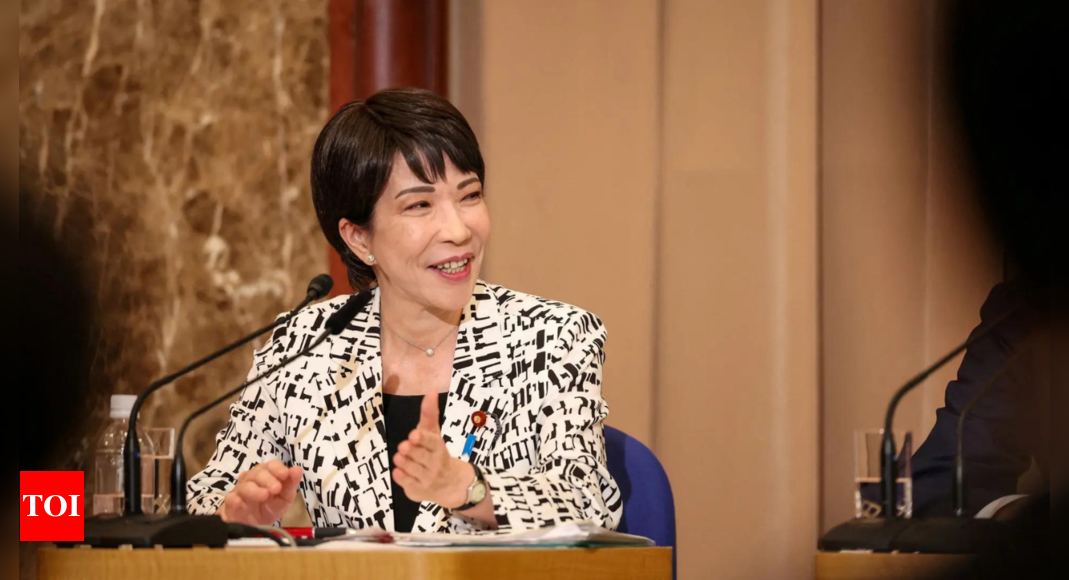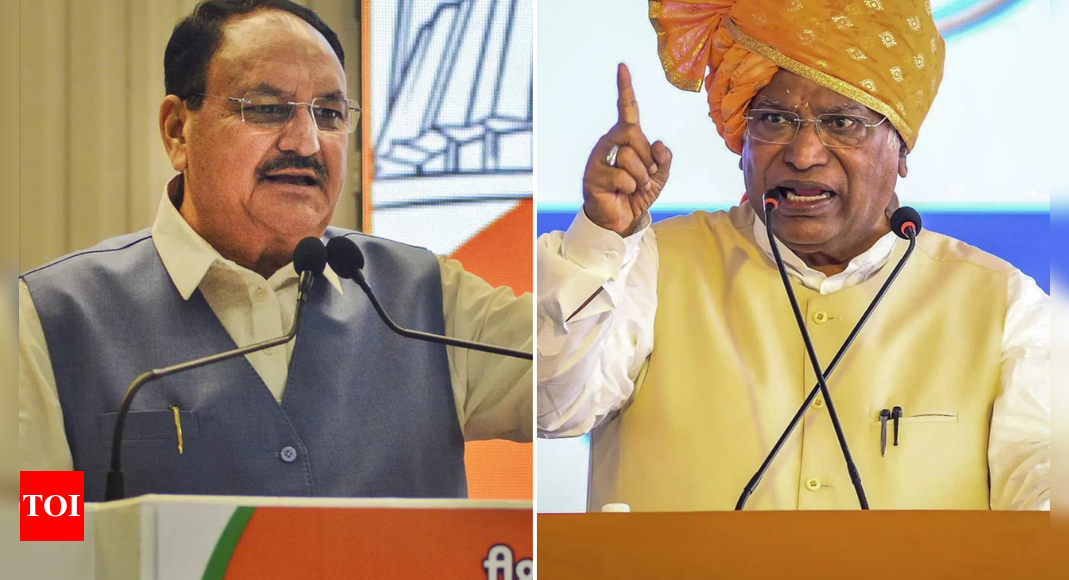
Sanae Takaichi, a conservative leader and protégé of former Prime Minister Shinzo Abe, is aiming to become Japan‘s first-ever female prime minister.
Japan’s ruling party is set to elect its new leader on Friday, with the victor poised to become the country’s next prime minister. Among a record nine candidates, three frontrunners are locked in a tight race, which is likely to result in a runoff vote.
The winner will inherit leadership of the world’s fourth-largest economy amid surging living costs, driven by a weak yen and high inflation. Japan is also grappling with increasing regional security challenges and heightened tensions with neighbors, particularly China.
Here’s all you need to know about Sanae Takaichi: Japan’s potential first woman prime minister —
- A political veteran from the right wing of the
Liberal Democratic Party , she has pledged to focus on economic growth while maintaining a hardline stance onnational security , with an emphasis on strengthening cyber and space defence.
- Despite her economic agenda, Takaichi has faced criticism for her conservative views on social issues, including her opposition to
same-sex marriage and gender reforms.
- She has also resisted legislation allowing married women to retain their maiden names. Her ties to controversial members of the Abe faction and admiration for
Margaret Thatcher , the former British prime minister, further highlights her traditionalist stance.
- If successful, the 63-year-old would break significant barriers in Japan, where men continue to dominate politics and business leadership.
- However, her visits to Tokyo’s Yasukuni Shrine, which honors Japan’s war dead, including convicted war criminals, have provoked protests from South Korea and China due to Japan’s wartime actions during the first half of the 20th century.
- Takaichi’s economic plans include lowering interest rates, following the Bank of Japan’s rate hike, and advocating for “strategic” fiscal spending to create jobs and boost household incomes, according to Reuters.









